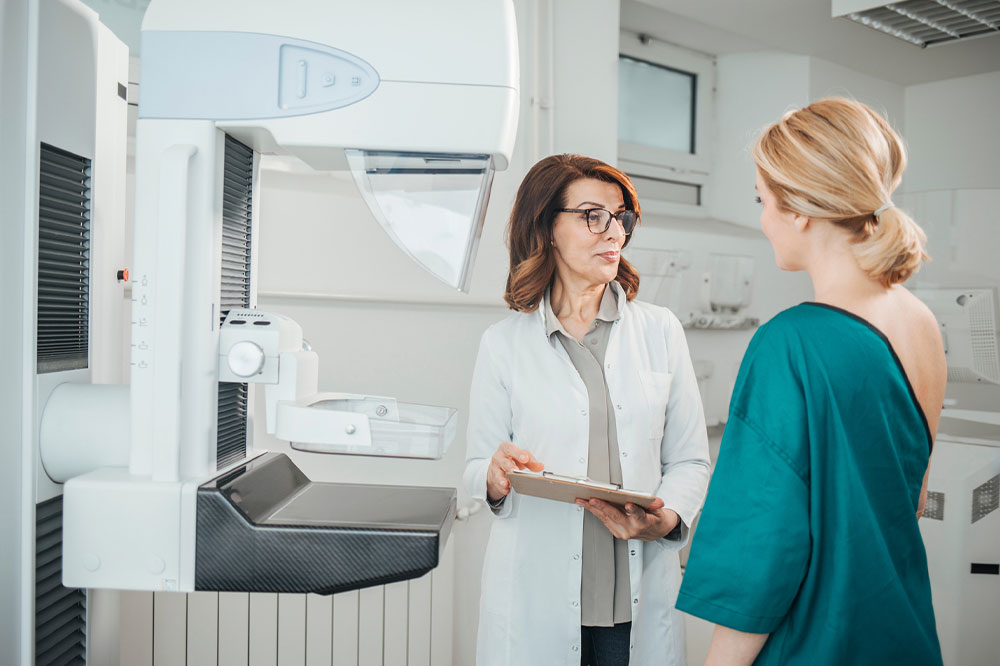Top 14 questions to ask an oncologist

Oncologists are highly trained medical professionals specializing in diagnosing, treating, and managing various types of cancers. They work closely with patients throughout their recovery journey, addressing various aspects of cancer care, from symptom identification to developing personalized treatment plans. If one is referred to an oncologist, asking questions about the condition is important, as dealing with cancer can be difficult. So, here are some common questions to ask the specialist during the initial visits.
Who are oncologists, and what do they treat?
Oncologists play a crucial role in cancer treatment. They recommend and supervise various treatments such as chemotherapy, immunotherapy, hormone therapy, radiation therapy, or targeted therapy. They also monitor and adjust their effectiveness according to the patient’s response.
Different types of oncologists, such as surgical, pediatric, and neurological oncologists, work with other healthcare professionals like nurses, pathologists, psychologists, nutritionists, and radiologists to provide comprehensive care to the patient.
Additionally, they offer palliative care, including pain management, and address the patient’s emotional and psychological needs. This holistic approach ensures patients receive the best support and treatment throughout their cancer journey.
When does one visit an oncologist?
If someone shows signs of developing cancer, their primary healthcare provider may conduct diagnostic tests. Based on the results, they may be referred to an oncologist. However, being referred to an oncologist does not necessarily mean the person has cancer. It means that they may have specific symptoms that require further evaluation.
Questions to ask an oncologist
Here are some of the questions one can ask an oncologist:
What is the specific diagnosis?
Understanding a cancer diagnosis is the first step in managing it effectively. If one has any questions or concerns about their diagnosis, it is necessary to address them promptly.
Has the oncologist treated this condition before, and what’s the usual survival rate?
One can ask the oncologist how many similar cases they see each year and what is the usual success rate and survival rate.
What are the available treatment options?
It’s important to know about the availability of relatively reasonable treatment options to the latest and more advanced ones, their success rate, and possible side effects. This will help one to make an informed decision.
Apart from these, one can also ask:
- What is one’s recommended treatment plan, duration, and expected outcome?
- Are there any clinical trials for one’s condition, and should one consider joining them?
- What are the potential side effects of the treatment?
- What are the immediate lifestyle adjustments one has to make to support the treatment and one’s health?
- How will the treatment impact one’s daily life?
- Does one’s insurance plan cover the treatment cost? Are there any financial assistance programs or resources to help cover the treatment costs?
- What is the expected prognosis of one’s condition?
- Are there any additional resources or support groups available?
- Can one explain the stage and grade of their cancer in detail and how it’ll affect their prognosis?
- How frequently does one need to undergo follow-up appointments after completing treatment?
- Who can one get in touch with if one has additional doubts later?
One is advised to resolve as many queries as possible related to one’s condition. It is also important to be transparent with the oncologist about the symptoms, existing health problems, prior surgeries, and family history for a better diagnosis.

